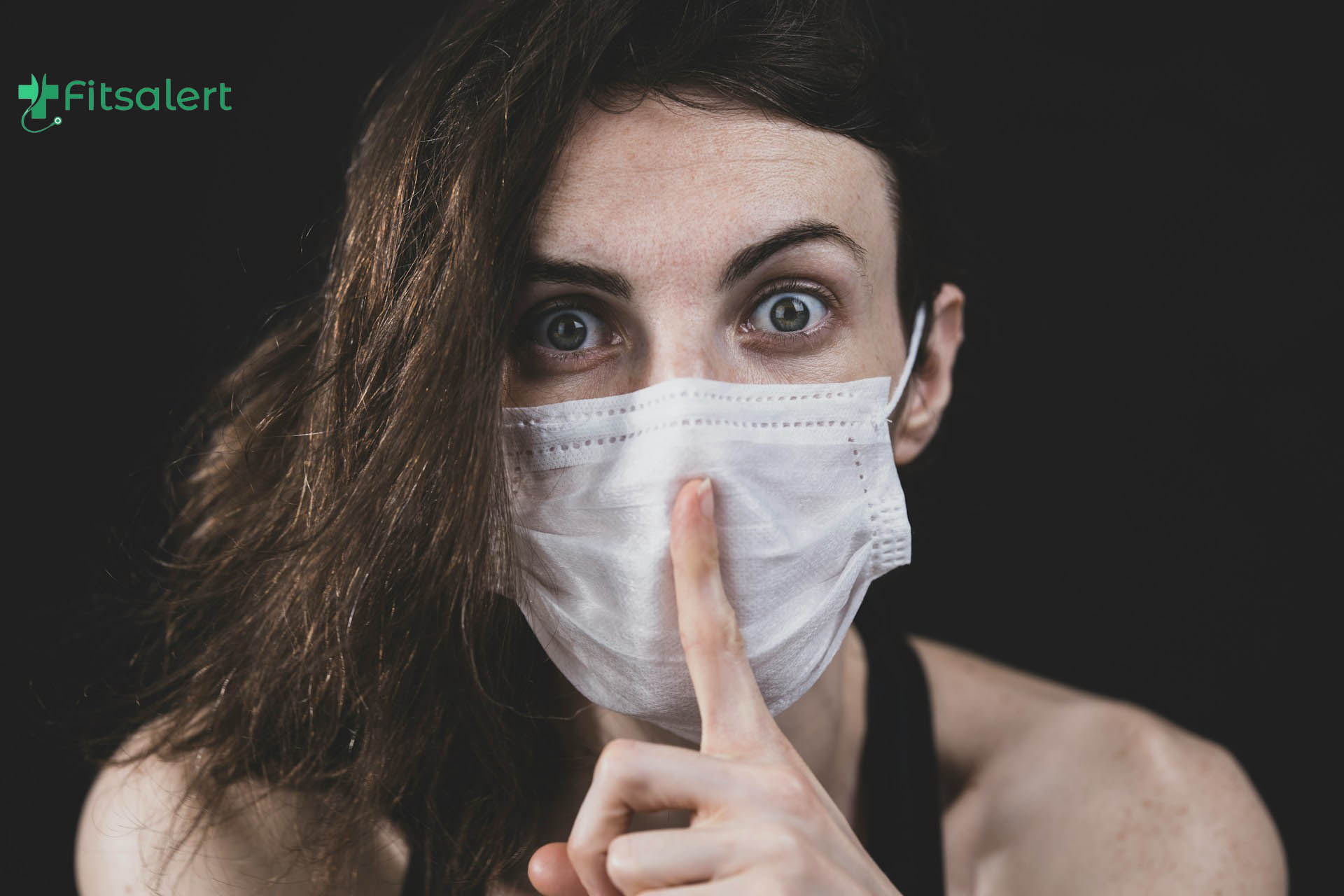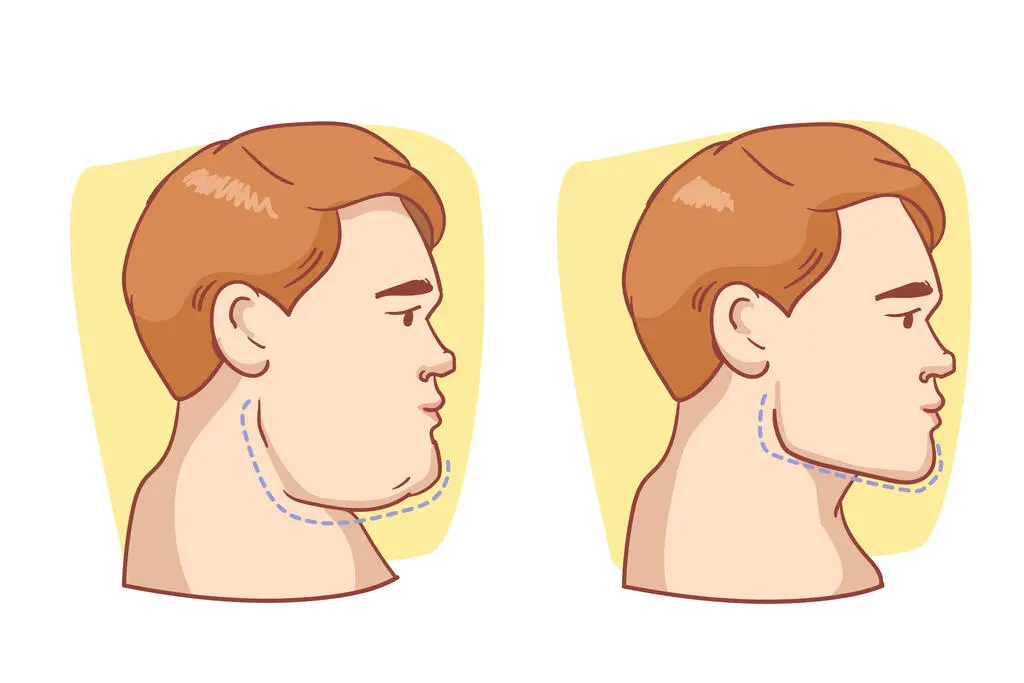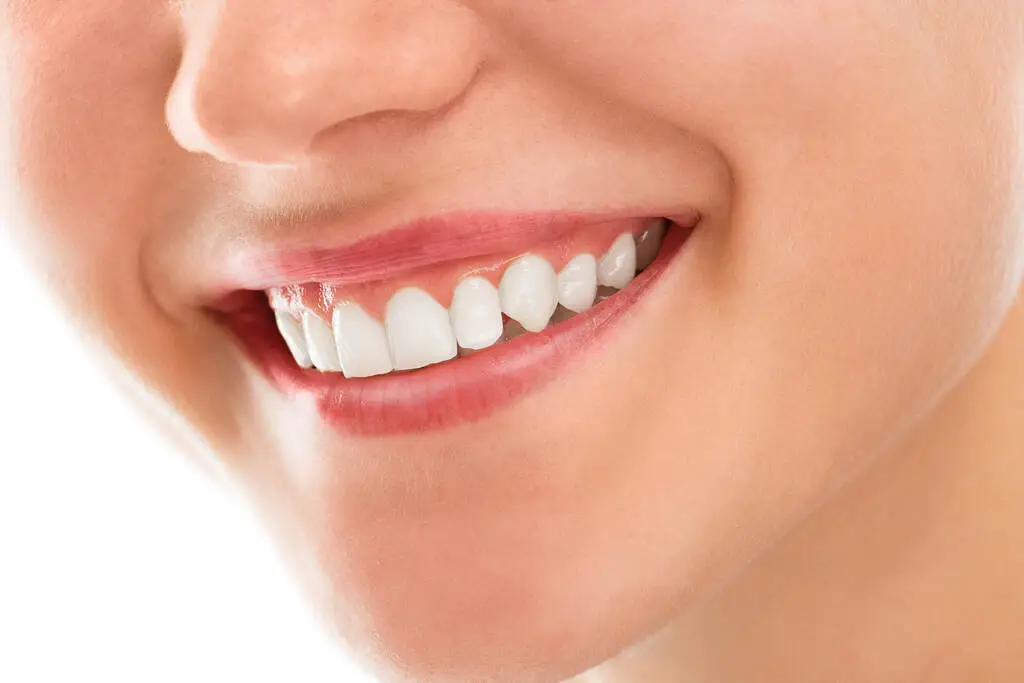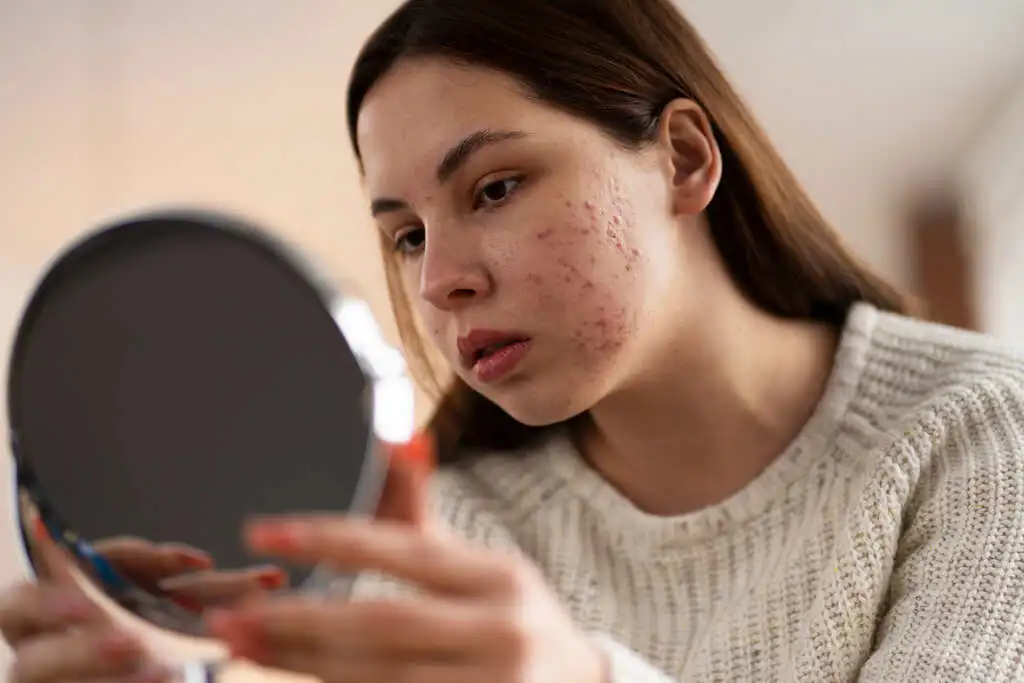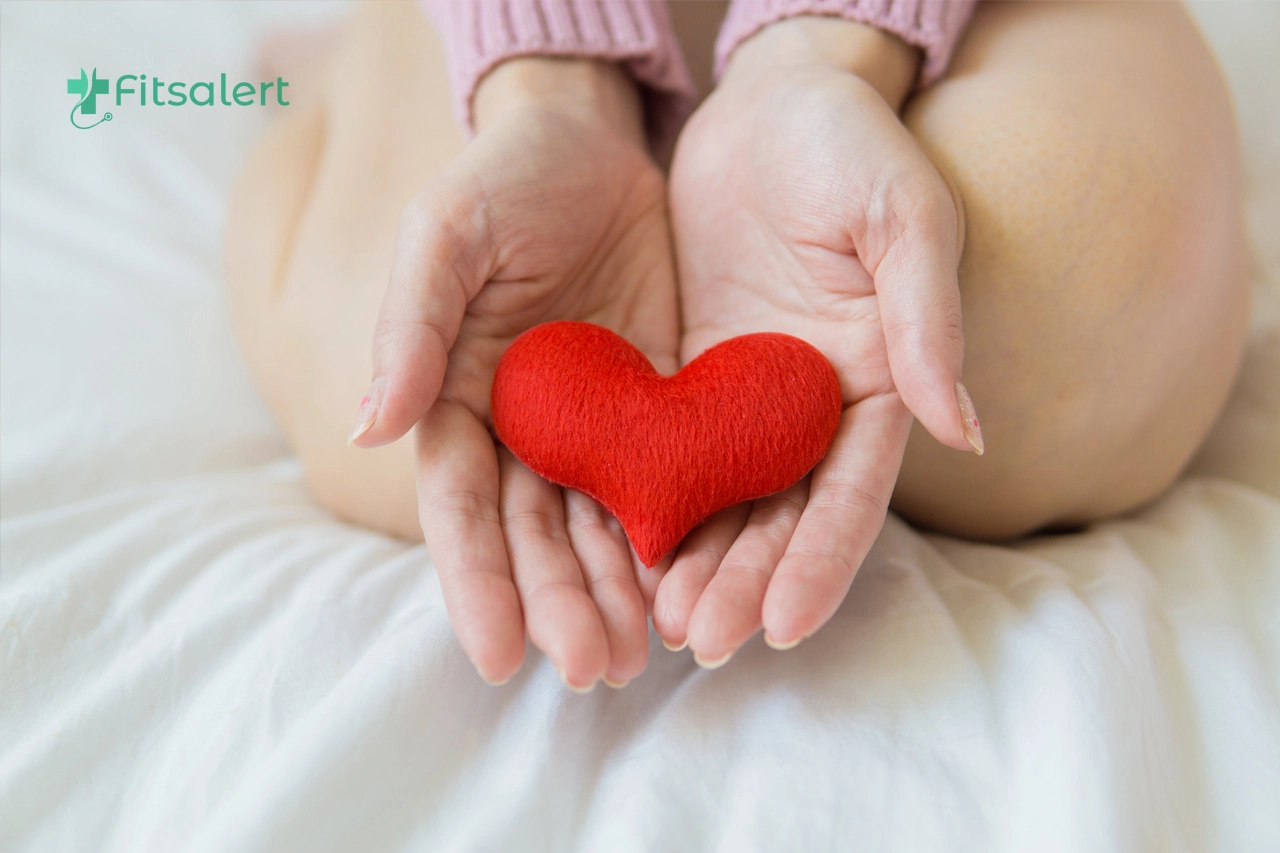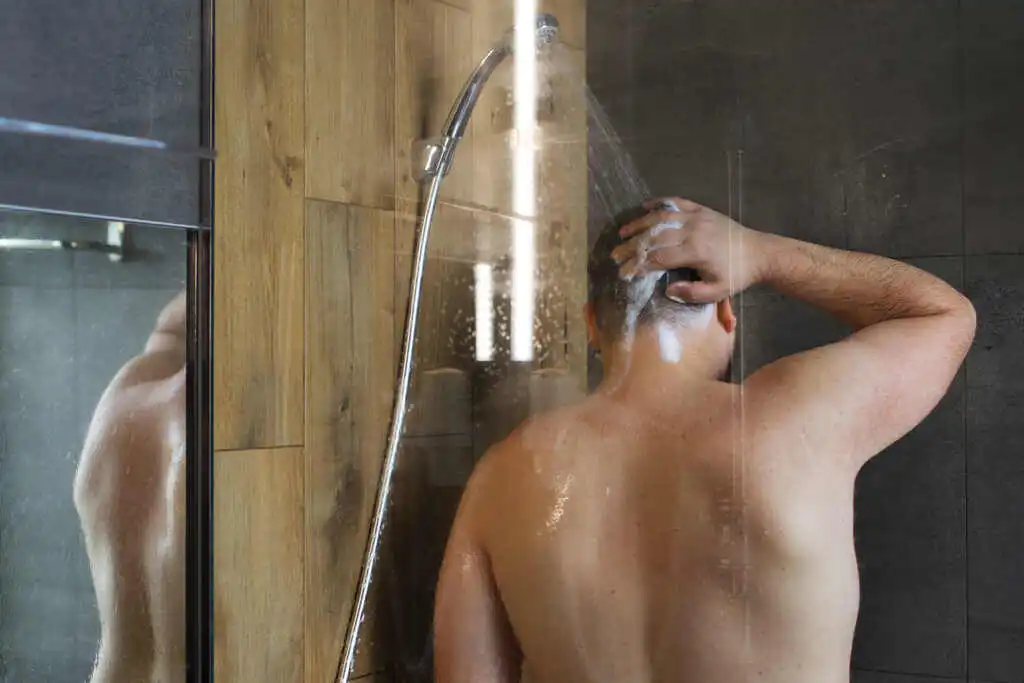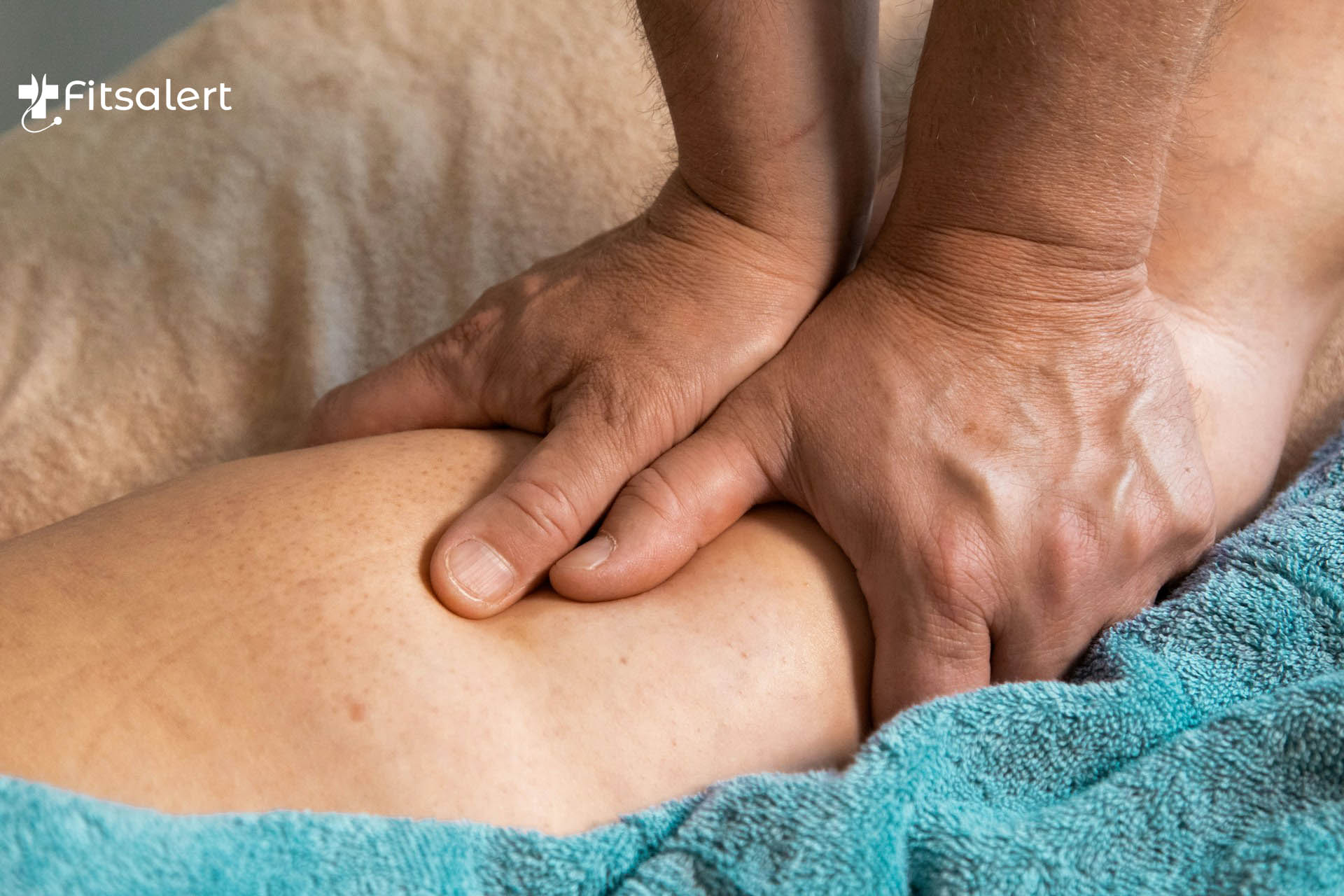At some point, we all engage in habits that can harm our skin.
While the repercussions of a late-night outing may show up on your face by morning, prolonged stress tends to have subtler effects.
It gradually disrupts your skin barrier, leading to irritation and manifesting in one of these four issues:
Breakouts
It’s not just about the comfort foods like pasta, wine, and baked goods during emotional moments (though they can contribute to pore-clogging inflammation).
There’s also a physiological aspect at play: “When your emotions are high, your cortisol levels spike and trigger your oil glands to produce more oil.”
That oil can then feed acne-causing bacteria in your skin, leading to, yes, acne.
While you can’t magically alter your body’s response, you can help reduce cortisol levels through a quick meditation or workout session.
If you anticipate a period of stress, consider fortifying your skincare routine with gentle measures, like using a sulfur-based face mask or a cleanser with salicylic acid.
These steps can help keep your pores clear even when cortisol levels are on the rise.
Face Picking
Ever find yourself picking at your face, especially after a bout of stress or tears? There’s a notable connection between your emotions and this behavior.
Picking can be a way for your brain to assert control during moments of anxiety. It may offer a fleeting sense of command over stressors, but in reality, it stems from anxiety.
Chronic stress can also heighten nerve signaling that triggers itching, making you more susceptible to scrutinizing and picking at your face.
To resist the urge, consider using pimple patches like the Hero Cosmetics Mighty Patch.
These patches not only maintain cleanliness but also act as a protective barrier, preventing further harm caused by your fingers.
If necessary, apply multiple patches to safeguard your skin. And, perhaps, temporarily set aside those magnifying mirrors until the stress subsides.
Dryness
In moments of stress, your body’s natural response kicks in, reminiscent of caveman instincts. When facing a threat, adrenaline surges, and cortisol levels rise to redirect blood flow to vital organs for survival.
However, this ancient survival mechanism can adversely affect your skin. During stress, your skin, not deemed a vital organ in fight-or-flight situations, may experience dehydration and a compromised barrier.
While you can’t instantly control your emotions, you can provide extra care to your skin by increasing moisturization. Consider using a hydrating serum like Neocutis Hyalis+ Intensive Hydrating Serum both morning and night during stressful periods.

